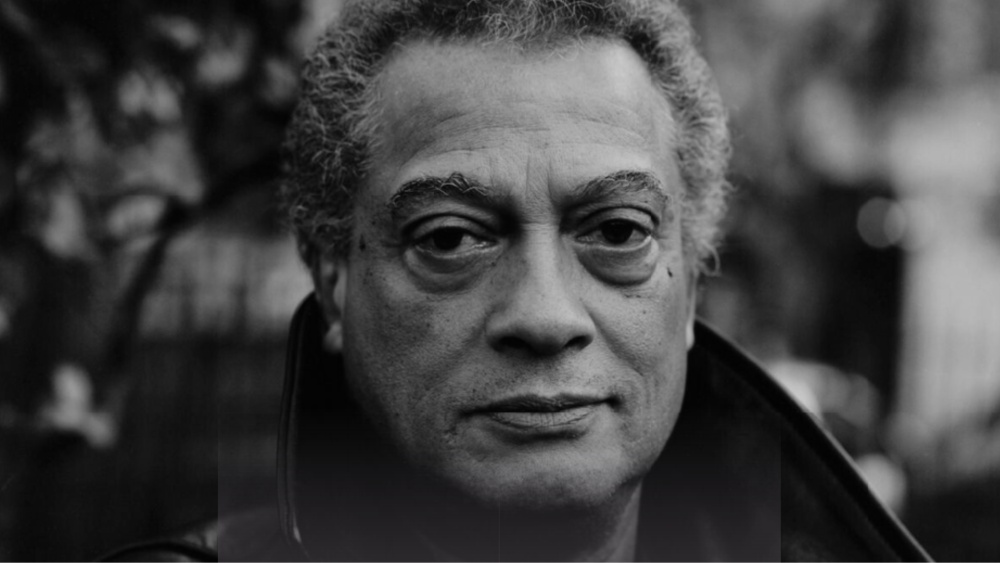
Horace Ové, director of “Pressure” (1976), the first full-length Black British film, died on Sept. 16. He was 86.
Ové’s son Zak posted on Facebook: “Our loving father Horace, took his last breath at 4.30 this morning, while sleeping peacefully. I hope his spirit is free now after many years of suffering with Alzheimer’s. You are forever missed, and forever loved. Rest in Peace Pops, and thank you for everything.”
Born in Trinidad in 1936, Ové’s moved to London in 1960 to study interior design. A stint in Rome, during which he worked as a film extra including on Joseph Mankiewicz’s “Cleopatra” (1963), he was exposed to the work of Federico Fellini and Vittorio De Sica, who would become infuences. He returned to Britain in 1965 and covered social and political events in the country while being a student at the London Film School. During the 1960s and 1970s he was one of the foremost chroniclers of the Black Power movement and counterculture in London, with portraits of Michael X, Stokely Carmichael, Darcus Howe, John Lennon, Yoko Ono and the Caribbean Artists Movement, and the nascent Notting Hill Carnival.
Ové directed short “The Art of the Needle” (1966), followed by documentary short “Baldwin’s N*****” (1968), a record of a visit to the U.K. by the renowned U.S. author and activist James Baldwin that captures him addressing a group of young people at the West Indian Student’s Centre in London. Ové’s “Reggae” (1971) was the first in-depth documentary on Black music and reggae in the U.K.
“Pressure” (1976), heralded as the first full-length Black British film, is an exploration of the concerns faced by emerging second-generation West Indians in Britain.
In an era when authentic Black narratives were underrepresented in mainstream media, Ové pushed boundaries at the BBC and Channel 4, creating films that portrayed a multicultural Britain, including “A Hole in Babylon” (1979), “The Garland” (1981) and “Playing Away” (1985). During this period Ové made two documentaries back-to-back in India for Channel 4. “Dabbawallahs” (1985), filmed in Mumbai (then Bombay) is a portrait of the men and women who convey lunches to the office workers in a race against time. “Who Shall We Tell?” (1985) is Ové’s Grierson Award-nominated documentary about the aftermath of the Bhopal gas tragedy in December 1984, a first-person portrait told by the people of Bhopal themselves, describing their lives before and after the lethal gas-leak.
Ové’s work has inspired a generation of diverse Black British filmmakers and artists, including Menelik Shabazz, John Akomfrah, Isaac Julien, Julien Henriques, Ngozi Onwurah, Steve McQueen, Amma Asante, Raine Allen-Mille and Dionne Edwards. Ové was knighted in 2022 for his services to British cinema and media.
The late filmmaker’s work is the subject of an upcoming major BFI Southbank retrospective season titled Power to the People: Horace Ové’s Radical Vision. A 4K restored version of “Pressure” will receive a joint restoration world premiere at the BFI London Film Festival and the New York Film Festival on Oct. 11. This precedes the film’s U.K.-wide cinema release by BFI Distribution and on BFI Player on Nov. 3.
The retrospective season (Oct. 23-Nov. 30) will commence with an illustrated talk and a re-release preview of “Pressure.” The program will include films like “Baldwin’s N******” (1969), “Reggae” (1970), “King Carnival” (1973), “Skateboard Kings” (1978), “Black Safari” (1972), amongst others. The event will also screen films that influenced Ové’s cinematic style, such as “La Dolce Vita” (1960), “Bicycle Thieves” (1948) and “Pather Panchali” (1955).
The U.K.’s Film and TV Charity has a £50,000 ($62,000) Horace Ové Grant to help the Black and global majority of people working behind the scenes in film, TV and cinema to access opportunity and navigate barriers to career progression.
The BFI posted on X: “We’re deeply saddened to hear of the passing of Sir Horace Ové. Photographer, painter, writer, and pioneering filmmaker, Ové’s career spanned four decades and encompassed cutting-edge drama and documentary. He worked outside of the system, showing generations of Black filmmakers that it could be done, and that their voices have power. Our thoughts are with his friends and family at this time.”













